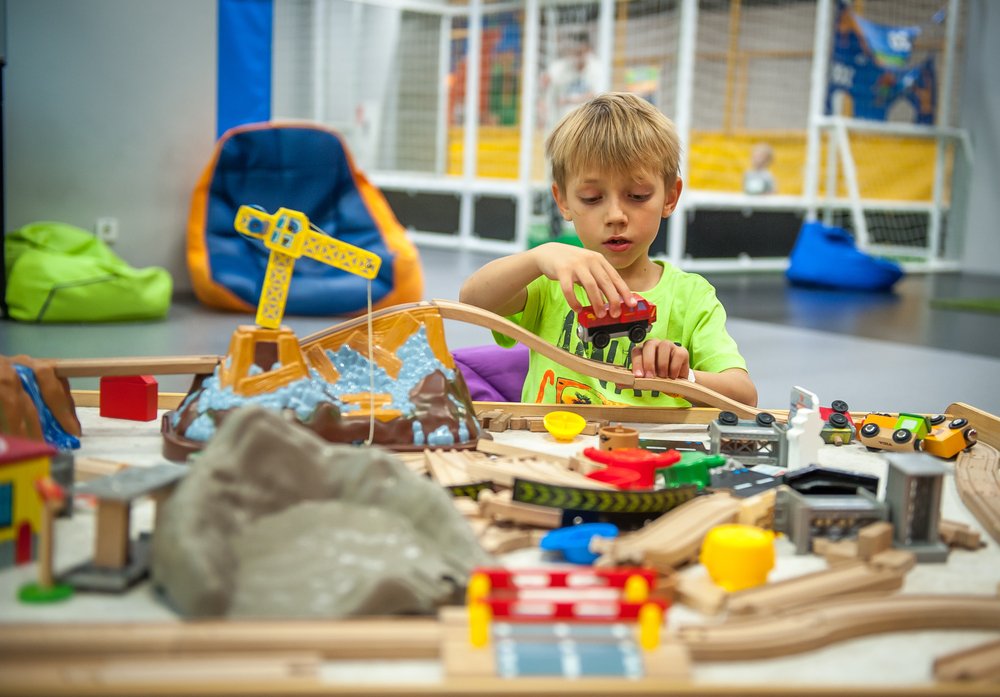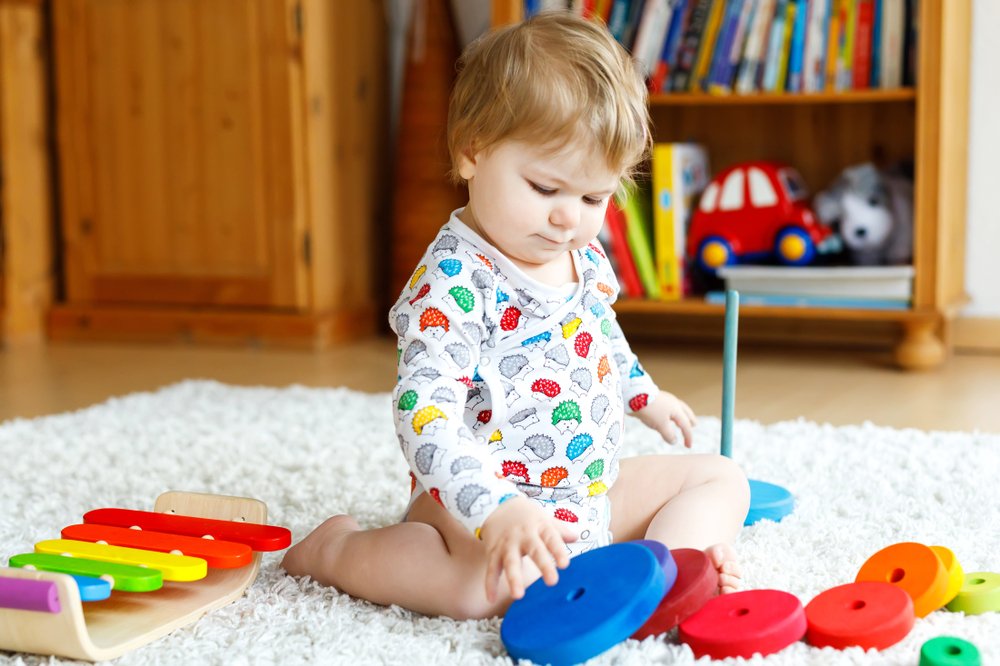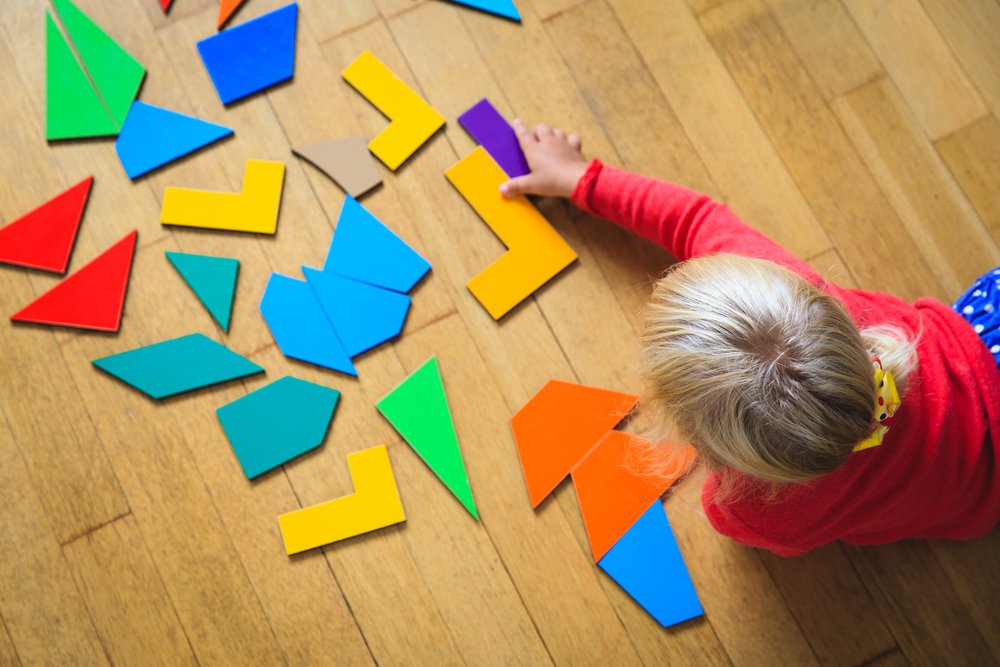
How to teach number concepts to my child?
Key points: Mathematical concepts in young children develop through their daily play experiences. Around age two, children start distinguishing between small and big…
Discover the key milestones of physical, cognitive, linguistic and socio-affective child development and understand the science behind child development.
Discover the key milestones of physical, cognitive, linguistic and socio-affective child development and understand the science behind child development.

Key points: Mathematical concepts in young children develop through their daily play experiences. Around age two, children start distinguishing between small and big…

Key points: Children of all ages face problems and challenges. Teaching problem-solving involves four roles: observer, supporter, facilitator, and model. Encourage balanced and…

Key points: 1. Play is essential for a child’s development, fostering exploration, learning, creativity, and social interaction. 2. When playing with your child,…

Key points: 1. Theory of mind is the ability to understand that others have their own thoughts, beliefs, and desires. 2. Younger children…

Key points: 1. Collaboration involves working together to achieve a common goal and requires advanced cognitive and social skills. 2. Children’s ability to…

Key points: 1. Routines foster self-control by providing children with a sense of security and predictability. 2. They promote positive behavior and teach…

Key points: Analogical reasoning is an advanced skill essential for human thinking. Children develop analogical reasoning through knowledge and executive function skills. Executive…

Key points: Babies begin to develop cause-and-effect thinking around seven months, when they learn that they can intentionally affect their surroundings. Spatial relationship…

Key points: Adversity and stress in early childhood can have physical and chemical implications in the brain, damaging learning capacity and putting children…

Key points: 1. Babies’ brain development depends on responsive interactions with caregivers. 2. “Serve and return interactions” with caregivers are critical for building…

Key points: 1. Baby emotions evolve from simple to complex, influenced by physiological changes and stimuli. 2. Basic newborn emotions are interest, distress,…

Key points: Babies develop advanced theories and knowledge from a very young age. They construct theories about objects, numbers, living things, the mind,…

Key points: Babies are natural scientists from birth. Engage in repetitive play to teach concepts like gravity. Foster STEM skills through various types…

Key points: Play is essential for childhood development, fostering problem-solving skills and social interactions. Babies initially explore everything, including toys and household objects,…

Key points: Music engages a child’s attention and supports language acquisition. Repetitive songs help kids learn new words and enhance memory skills. Encourage…

Key points: The “Mozart effect” oversimplified music’s impact on intelligence, but music remains valuable for child development. French research links preschoolers’ music skills…

Key points: Professor Susan Hallam’s research underscores the importance of musical skills in childhood and beyond through “transfer of learning.” “Transfer of learning”…

Key points: The article provides ideas for parents to set up imaginative play scenarios for their children. The activities include pretending to go…

Key points: The ability to notice and identify colors and shapes is important for describing the world around us. Engaging in games and…

Key points: The American Academy of Pediatrics suggests that children between 2 and 3 years of age learn to discriminate colors and shapes…

Key points: Visual object recognition is a complex mechanism that depends on a multitude of other cognitive processes. Between 2 and 3 years…